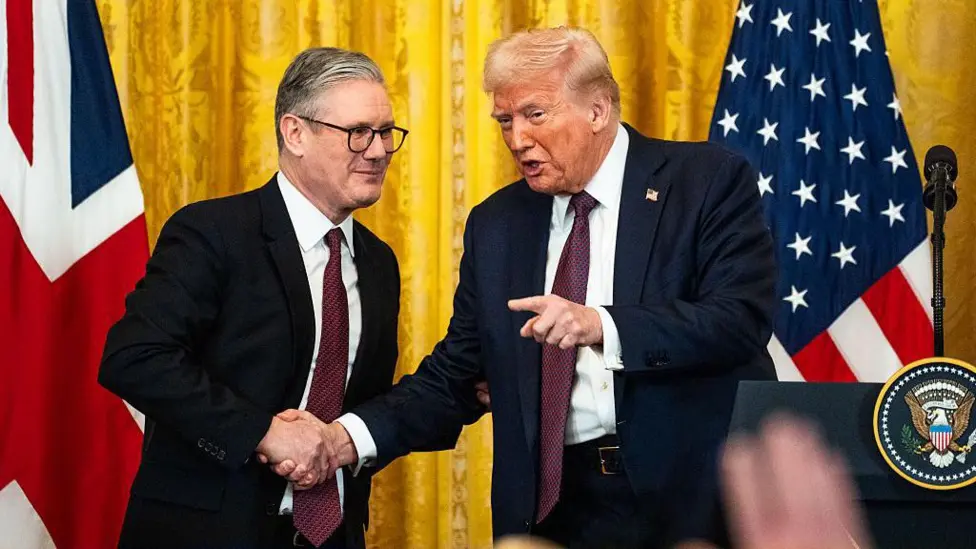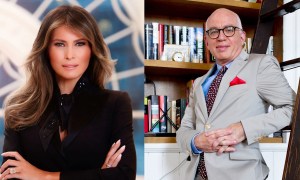The UK has been temporarily exempted from US President Donald Trump’s executive order, which aims to double steel and aluminum tariffs from 25% to 50%.
The order, signed by Trump on Tuesday evening, will increase import taxes for US firms purchasing goods from other countries starting Wednesday. However, the UK will continue to face a 25% tariff.
This order relies on the UK-US tariff pact signed in May, which would eliminate steel and aluminum tariffs. However, the pact has yet to come into effect, leaving UK steel exporters vulnerable to tariffs until then. If the pact fails to materialize, UK steel exporters could face the 50% tariff.
The UK government expressed its commitment to safeguarding British businesses and jobs. However, the Conservative Party criticized the order as a new tariff burden.
The UK government spokesperson clarified that they will continue collaborating with the US to implement the agreement, which aims to eliminate tariffs. The legislation implementing the deal will be presented in Parliament in due course.
Trump justified the UK’s exemption in the order, citing the US-UK Economic Prosperity Deal (ECD) signed on May 8, 2025.
However, Trump later stated that the US might increase the tariff on the UK “on or after July 9, 2025,” if it determines that the UK has not complied with certain aspects of the EPD.
The UK’s carve-out in the executive order follows a meeting between Business Secretary Jonathan Reynolds and US Trade Representative Jamieson Greer in Paris on Wednesday.
The United States is the primary destination for approximately 7% of UK steel exports, making any tariffs a significant concern for the industry.
Gareth Stace, the Director General of UK Steel, acknowledged the UK’s exemption from the 50% tariff as a “welcome respite,” but emphasized the lingering uncertainty surrounding the timing and final tariff rates. He further stated that US customers may become hesitant to place UK orders due to these uncertainties.
Stace underscored the urgent need for the US and UK to transform the May deal into reality to eliminate the tariffs altogether.
Andrew Griffith, the Shadow Business Secretary, criticized Labour’s failed negotiations, stating that they have left businesses in limbo and that the country cannot afford their continued failures.

















